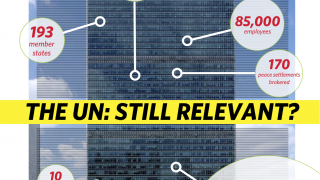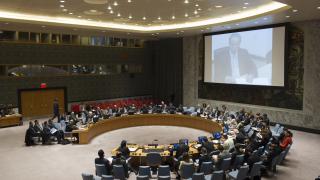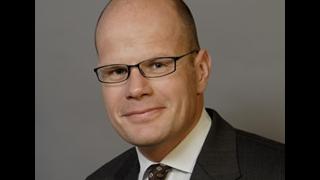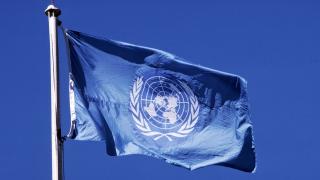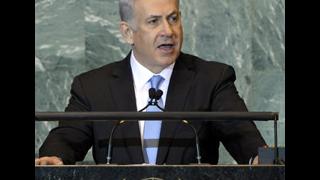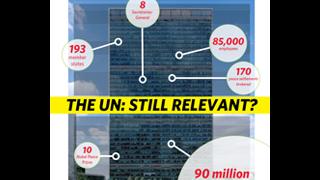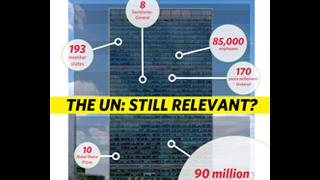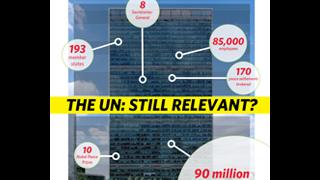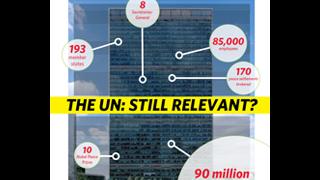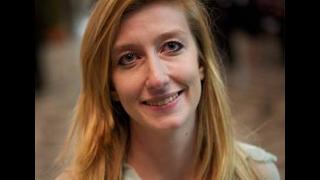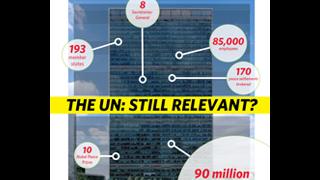
When global food prices soared out of control in 2008, Ethiopia’s wheat bill also shot up, rising from $84 million in 2006 to $465 million in 2008.
Nuria Mohammed, a vegetable farmer in Ethiopia’s Oromiya region, was hit hard when a local drought left her completely dependent on wheat and maize. Prices in the local market had more than doubled, and she had to sell her five cattle in order to buy food for her family. The cattle had become so thin that they fetched about a quarter of their normal price.
Nuria’s children Faiza and Fatima, both under five, were treated for malnutrition. “When I was nursing Faiza I was so sick I could not breastfeed her properly,” recalls Nuria.
Food prices worldwide dropped sharply at the end of 2008, but rose again from 2010, reaching record levels earlier this year. Of course, Ethiopia is not the only country affected by high prices: households in richer countries like the UK are also seeing their grocery bills rising. But while people in developed countries typically spend 10 to 15 per cent of their income on food, poor families in the developing world spend 50 to 90 per cent, making sudden price hikes disastrous.
So why are prices rising so steeply?
There are several reasons why the cost of food is rising steadily in the long term, including climate change and the increase in the amount of agricultural land allocated to the production of biofuels. But another factor is also at play - one that economists believe accounts for the speed and extent of the price rises we are seeing now.
Investment banks like Barclays Capital and Goldman Sachs have poured huge amounts of speculative money into food markets in the last few years. They now hold more than 60 per cent of some markets, compared to just 12 per cent 15 years ago. Financial speculation allows banks and hedge funds to make massive profits by buying and selling food ‘futures contracts’, effectively betting on the price of basic foods like wheat, maize and sugar, thus driving up the prices.
These financial players don’t focus on the supply of or demand for food, but instead move their money around based on how their other investments are performing - and they usually bet on rising prices. They now dominate the markets so much that prices bear little relation to the real business of growing, buying or selling food.
There is now a growing movement calling for regulation to curb excessive speculation on food prices, with voices as diverse as global peasants’ movement La Via Campesina, French President Nicholas Sarkozy, the Pope, and Starbucks CEO Howard Schultz all calling for controls. The US government has already moved to limit speculative activity and similar measures are being discussed in the European Union. But the UK government, with its ear to the City of London, is set to block regulation.
A political window is open to make financial markets better serve food consumers and producers. We must make sure that governments do the right thing and put the basic and universal human need for food before the profits of a tiny minority.
Miriam Ross works for the anti-poverty campaign group the World Development Movement. To add your voice to the food speculation campaign, or to find out more, visit www.wdm.org.uk or call 020 7820 4900.
World Development Movement and UNA-UK are both members of the Robin Hood Tax Campaign - visit www.robinhoodtax.org for more information

